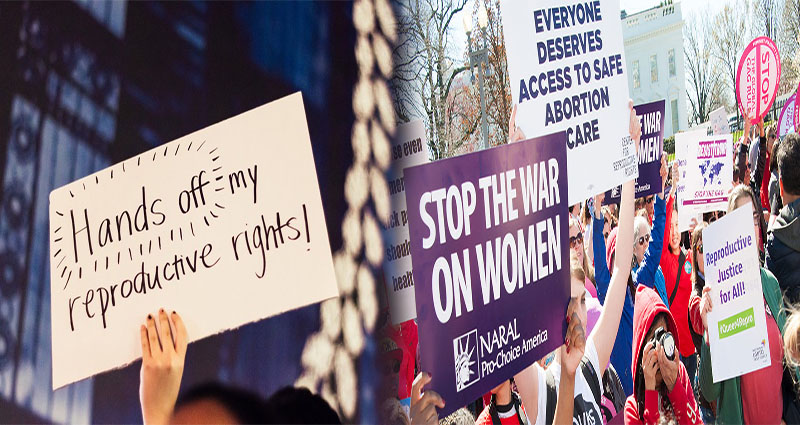In recent developments concerning women’s reproductive rights and health policies, several key issues have come to the forefront, sparking debates and discussions across the nation.
1. Controversies Surrounding Abortion Laws
One of the most contentious issues in women’s reproductive rights is the ongoing battle over abortion laws. Several states have passed restrictive abortion laws, leading to concerns about access to safe and legal abortion services. Proponents of these laws argue for the protection of the unborn, while opponents claim that they infringe upon women’s rights to make decisions about their own bodies.
2. Access to Contraception and Family Planning Services
Another critical aspect of women’s reproductive health policies is access to contraception and family planning services. Recent debates have focused on the availability and affordability of birth control methods, with some advocating for broader access to ensure that women can make informed choices about their reproductive health.
3. Maternal Health and Healthcare Disparities
The issue of maternal health and healthcare disparities among women from marginalized communities has also gained attention. Studies have shown that women of color are more likely to experience complications during pregnancy and childbirth, highlighting the need for policies that address these disparities and improve access to quality healthcare for all women.
4. LGBTQ+ Rights and Reproductive Health
In addition to traditional women’s reproductive health issues, there is a growing recognition of the intersectionality of reproductive rights and LGBTQ+ rights. Policies that affirm the rights of transgender and non-binary individuals to access reproductive healthcare and fertility services are increasingly being discussed and advocated for.
5. Global Implications of Reproductive Health Policies
The impact of reproductive health policies extends beyond national borders, with global implications for women’s rights. International efforts to ensure access to reproductive healthcare, reduce maternal mortality rates, and promote gender equality are ongoing, signaling a growing recognition of the importance of women’s reproductive rights on a global scale.
The current news surrounding women’s reproductive rights and health policies highlights the ongoing struggles and advancements in this critical area. As debates continue and policies evolve, it is imperative to prioritize women’s autonomy, access to healthcare, and overall well-being in order to create a more equitable and just society for all.










